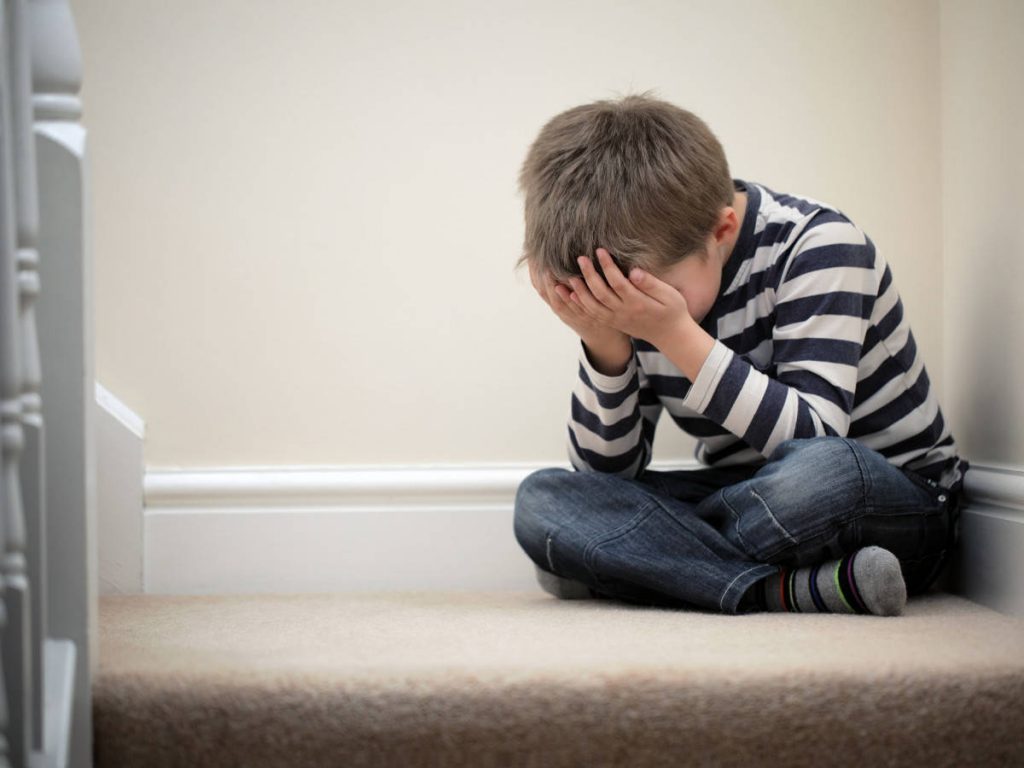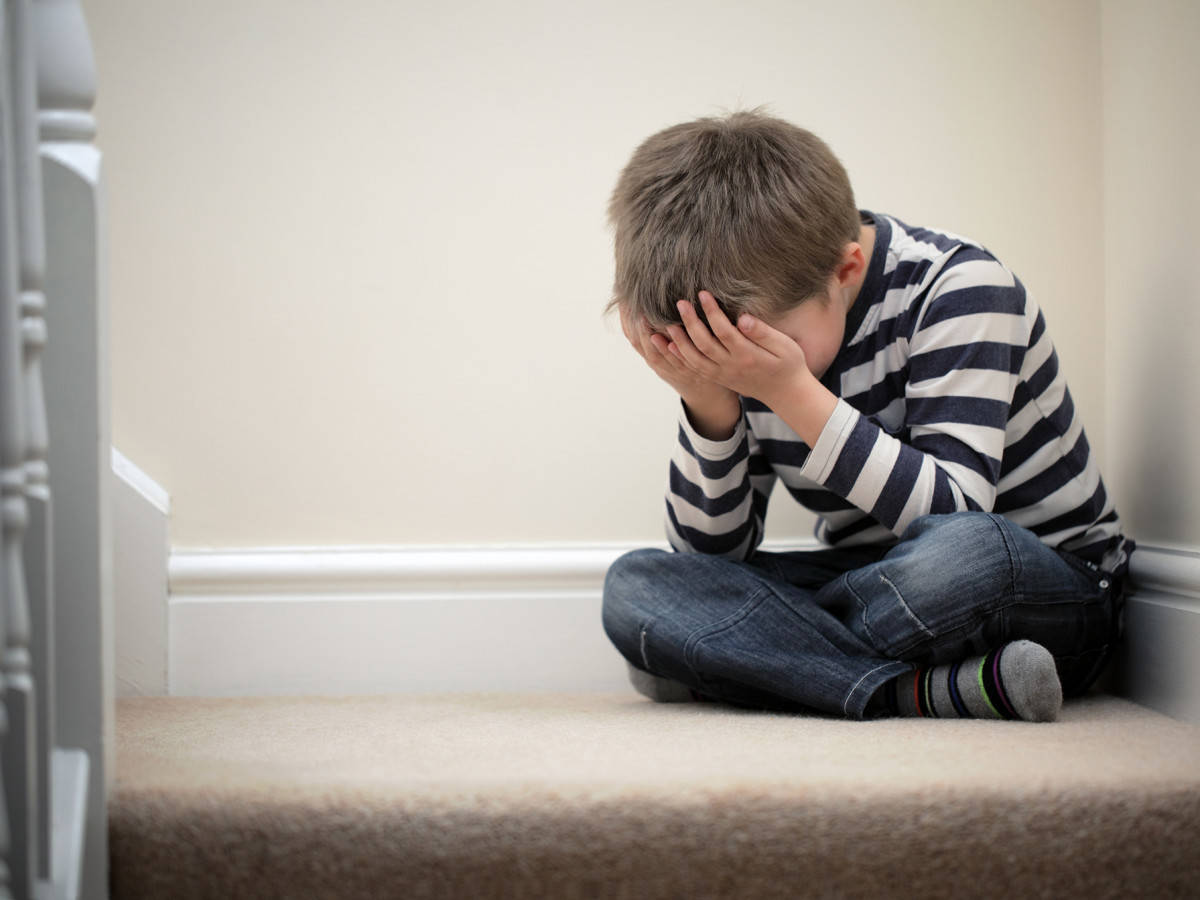
Contrary to what many believe, mental illness is not just an adult problem. Children can also be afflicted with mental disorders. Unfortunately, otherwise well-meaning adults might write off legitimate symptoms as simple acting out or a phase, something the child will grow out of, and the results can be devastating.
Trust Your Instincts
In this society, mental illness is often stigmatized, so it can be difficult for a parent to accept that something might be wrong with his or her child. Even so, a parent needs to pay attention and act if it seems something isn’t right. While it is true that certain behaviors like anxiety or anger are often part of childhood development, prolonged behaviors over a period of time are not, especially if they continually disrupt a family’s day-to-day life. A concerned parent should contact the family’s pediatrician who can rule out a physiological reason for the behavior and refer parents to a psychologist or psychiatrist if needed.
The Early Years
Even preschool and early elementary aged children can show symptoms of mental illness. A child of this age can develop anxiety, manifested by excessive fears, nightmares, and extreme distress when separated from a parent. A child welfare expert with a master’s degree in social work says another behavior that could hint at a possible disorder is excessive aggression towards peers or animals. Hyperactivity can also be a sign of a problem. Yes, kids have a lot of energy, but if a child’s hyperactivity seems extreme compared to his or her peers, it could be a sign.
Grade School
Just like in the early years, older elementary age students might exhibit excessive fears or hyperactivity indicating a possible disorder. Beyond that, at this age, mental illness can manifest in relationships with peers and performance at school. A child who suddenly loses interest in schoolwork, activities, food, or friends might be suffering. A spike in disruptive behaviors can be a red flag as well.
Tweens and Teens
At this age, kids may exhibit the same symptoms as those in grade school, but there are some additions. Older children may continually threaten or attempt to run away from home. They might begin to set fires or destroy property, or they may begin to self-harm.
No matter the age, undiagnosed mental illness can lead to a life of antisocial behavior, criminal activities, and substance abuse. With care and proper medical treatment, the future can look much brighter for a child suffering from a mental disorder.

